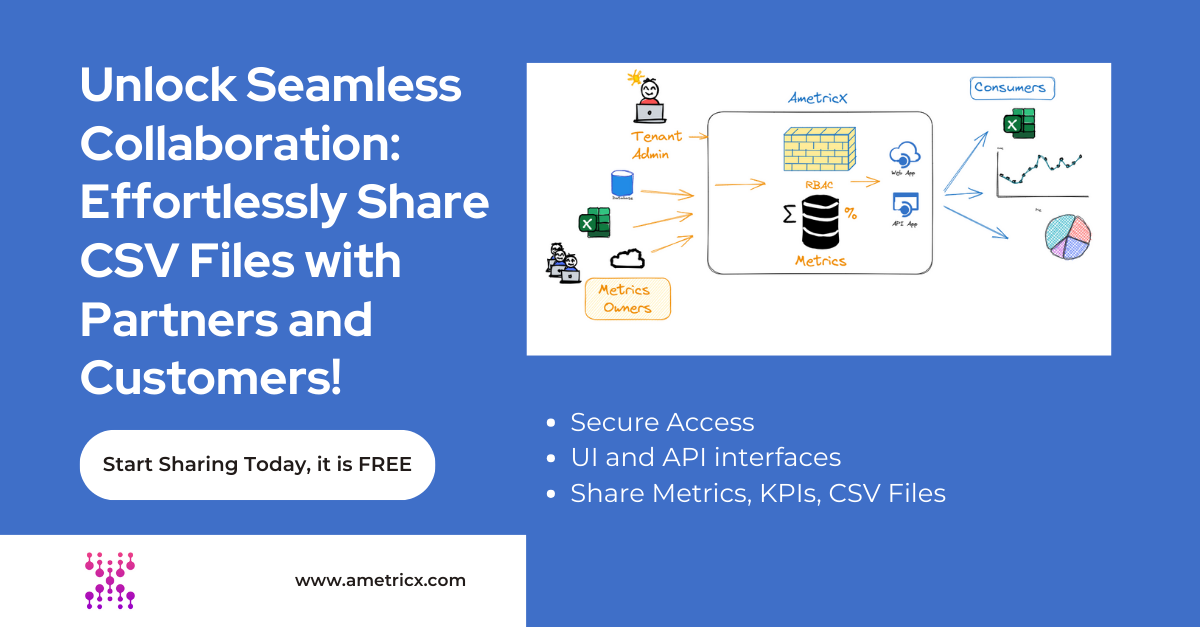In today’s digital age, data is a valuable commodity. Companies are constantly collecting and analyzing data to gain insights and make informed decisions. However, not all companies have access to the data they need. This is where data marketplaces come in.
Data marketplaces are online platforms that connect data providers with data buyers. They offer a wide range of data sets from various sources, making it easier for companies to access the data they need. In this article, we’ll explore the future of data marketplaces and how they are shaping the data economy.
The Rise of Data Platforms
What Are Data Platforms?

by Shubham Dhage (https://unsplash.com/@theshubhamdhage)
Data platforms are online marketplaces that facilitate the buying and selling of data. They provide a centralized location for data providers to list their data sets and for data buyers to browse and purchase them.
Data platforms offer a wide range of data sets, from consumer data to business data, and even data from IoT devices. They also provide tools for data analysis and visualization, making it easier for companies to make sense of the data they purchase.
The Growth of Data Platforms
The demand for data has been steadily increasing over the years, and data platforms have been quick to capitalize on this trend. According to a report by MarketsandMarkets, the global data platform market is expected to reach $83.0 billion by 2025, growing at a CAGR of 25.5% from 2020 to 2025.
The rise of data platforms can be attributed to the increasing adoption of big data analytics, the growing need for data-driven decision making, and the rise of IoT devices. As more companies realize the value of data, the demand for data platforms will continue to grow.
The Role of Data Marketplaces and Exchanges
What Are Data Marketplaces and Exchanges?
Data marketplaces and exchanges are online platforms that facilitate the buying and selling of data between multiple parties. Unlike data platforms, which are typically owned and operated by a single company, data marketplaces and exchanges are open to multiple data providers and buyers.
Data marketplaces and exchanges offer a wider variety of data sets and allow for more flexibility in pricing and data usage. They also provide a more competitive environment, as data providers can list their data sets on multiple marketplaces and exchanges, and data buyers can compare prices and quality before making a purchase.
The Growth of Data Marketplaces and Exchanges
The global data marketplace and exchange market is expected to reach $3.52 billion by 2025, growing at a CAGR of 20.5% from 2020 to 2025. This growth can be attributed to the increasing demand for data and the need for more efficient and transparent ways to buy and sell data.
Data marketplaces and exchanges also play a crucial role in the democratization of data. By providing a platform for smaller data providers to list their data sets, they allow for a more diverse range of data to be available for purchase. This benefits both data buyers, who have access to a wider variety of data, and data providers, who can monetize their data.
The Future of Data Marketplaces
Increased Adoption of Data Marketplaces
As the demand for data continues to grow, more companies will turn to data marketplaces to access the data they need. This will lead to an increase in the number of data marketplaces and the variety of data sets available.
Data marketplaces will also become more specialized, catering to specific industries or types of data. This will make it easier for companies to find the data they need and for data providers to target their ideal buyers.
Integration with AI and Machine Learning

by Tanner Boriack (https://unsplash.com/@tannerboriack)
Data marketplaces will also integrate with AI and machine learning technologies to provide more advanced data analysis and insights. This will allow companies to make more accurate predictions and decisions based on the data they purchase.
AI and machine learning will also play a role in data quality control. By using these technologies, data marketplaces can ensure that the data listed on their platform is accurate and up-to-date, providing more value to data buyers.
Increased Focus on Data Privacy and Security
With the rise of data breaches and privacy concerns, data marketplaces will need to prioritize data privacy and security. This will involve implementing stricter data protection measures and ensuring that data providers are compliant with data privacy regulations.
Data marketplaces will also need to be transparent about the data they list and provide clear guidelines for data usage. This will help build trust with data buyers and ensure that data is used ethically and responsibly.
The Impact of Data Marketplaces on the Data Economy
Democratization of Data

by Myriam Jessier (https://unsplash.com/@mjessier)
Data marketplaces are playing a crucial role in the democratization of data. By providing a platform for smaller data providers to list their data sets, they are making data more accessible to a wider range of companies.
This is beneficial for both data buyers, who have access to a wider variety of data, and data providers, who can monetize their data and compete with larger companies in the data market.
Increased Collaboration and Innovation
Data marketplaces also encourage collaboration and innovation in the data economy. By providing a platform for data providers and buyers to connect, they facilitate the exchange of ideas and insights.
This can lead to the development of new products and services, as well as the improvement of existing ones. It also allows for the creation of new business models, such as data sharing and data monetization, which can benefit both data providers and buyers.
Conclusion
Data marketplaces are shaping the future of the data economy. They provide a platform for data providers and buyers to connect, making data more accessible and promoting collaboration and innovation.
As the demand for data continues to grow, we can expect to see an increase in the number and variety of data marketplaces, as well as advancements in technology and data privacy and security measures. This will lead to a more efficient and transparent data market, benefiting both data providers and buyers.


